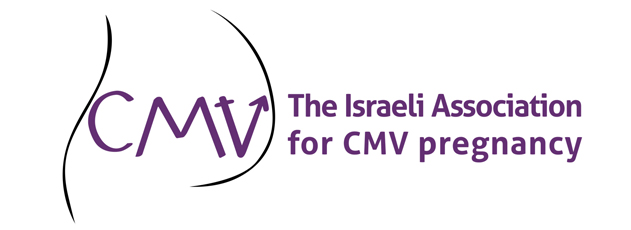Abnormal test results –
If hearing impairment is detected, even if isolated without other signs of infection, the infectious disease specialist will recommend starting treatment with Valganciclovir, which has been shown to be highly effective in preventing further hearing deterioration and, in some cases, improving hearing affected by the virus.
In some cases, a brain ultrasound shows a finding called LSV. Previously, experts believed this indicated a risk of future hearing loss, and babies received medication to prevent deterioration. Today, improved imaging shows LSV occurs in a significant proportion of newborns, but follow-up has not shown increased rates of hearing loss. Therefore, in most cases, these babies do not receive medication.
Some hospitals follow the treatment protocol of Prof. David Kimberlin from the University of Birmingham, Alabama, a pioneer in congenital CMV treatment, which prescribes medication twice daily for six months.
Other hospitals follow the protocol developed from the work of Prof. Yaakov Amir, one of the first in the world to extend treatment through the baby’s first year, with twice daily dosing for the first three months and once daily for the next nine months.
More information about the medication can be found in the Q&A tab.
Beyond medication, rehabilitation intervention is important for children with hearing loss. According to the Israeli Ministry of Health guidelines on hearing assessment in infants and children, children should be referred for hearing rehabilitation by six months of age, preferably by three months. It is therefore advisable to request a referral to an organization or center specializing in hearing rehabilitation for infants and children with congenital CMV and hearing impairment.



